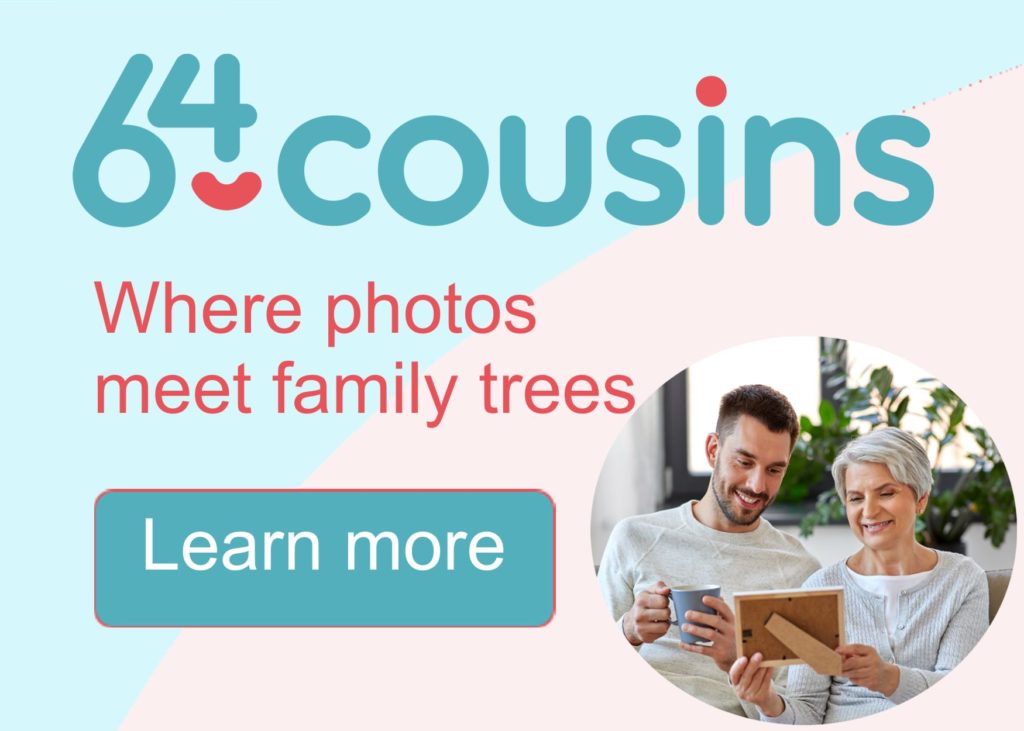A very popular interview question and one that is favoured by the traditionalists is:
“Please tell me what are your weaknesses?”
So many candidates have lost jobs with the answers they give to this one question. So, how do you answer it effectively while at the same time making sure you don’t give something away which would give your prospective employer a reason not to hire you?
The difficulty with this question is that you’re being asked about your deficiencies, your weaknesses, when your instinct, in an interview situation, is to keep your faults as well concealed as possible.
The question is designed to test a whole range of skills including your analytical abilities and most importantly your self-awareness. You need a confident answer to what can be for many a stressful question and one which can cause people to ramble, especially when nervous.
It must be remembered that, answering an interview question about weaknesses is also very much about showing that you know yourself, that you have the capacity to analyse the job and it’s requirements and in so doing match yourself to that job. These are very valuable skills and ones which are desired by most employers.
It is tempting to try and evade the question however that would just result in the
interviewer viewing you with suspicion or that you have something to hide. It is always best to give an answer and here are my top tips for dealing with this question:
1. Develop your interview answers beforehand. Write them down, not just think about them; use bullet points to help and importantly structure your answer so as to give it a positive spin.
2. Choose a weakness that does not affect your intrinsic ability to do the job. Make sure it is not one which is regarded as ‘essential’ to the role.
3. Be honest and admit a weakness and whatever (minimal) effects it has on your work. A candidate who claims not have any weaknesses is either woefully lacking in self awareness or is simply fibbing.
4. Keep your response brief – saying more than what is needed gives you more opportunity to say something wrong.
5. Show how you are overcoming this weakness, perhaps with some form of training.
6. Practice your response so you know how to tell the story naturally and giving the employer confidence that this weakness will not affect your ability to do the job excellently.
7. Focus on a work related skills rather than something you do in your sparetime.
8. Avoid clichés such as “I am so dedicated to getting results, I spend many extra-hours at work.” This just says to me that someone is in fact inefficient.
9. Finish your answer by talking about how you are constantly looking for ways to develop your abilities. This shows determination and an ability to self-develop. This also shows the potential employer that you are flexible and likely to strive to do well.
Finally, and here is a tricky follow on used by some interviewers:
“Ok, thanks for that, now tell me about another weakness.”
They are hoping that you will give something away with this second and what is in fact a repeat of the first question.
Some candidates will respond by giving up an additional weakness which of course makes them look as though they had been hiding something by not giving this answer earlier. My advice is to just think for a moment and say, for example: “That’s my only weakness and as mentioned it is something I am overcoming with the training course I am undertaking. I am really enjoying my studies and find that I have an excellent aptitude for (whatever skill you are overcoming).” In this manner you actually turn a weakness into a positive.
Remember, your goal as the job applicant is to present yourself in the best possible light. For sample interview answers to this and all of the toughest questions they can ask, I recommend InterviewGold online interview training system. It contains 2,300 interview questions, all with expert answers so you will know just what to say and not to say in any interview.



